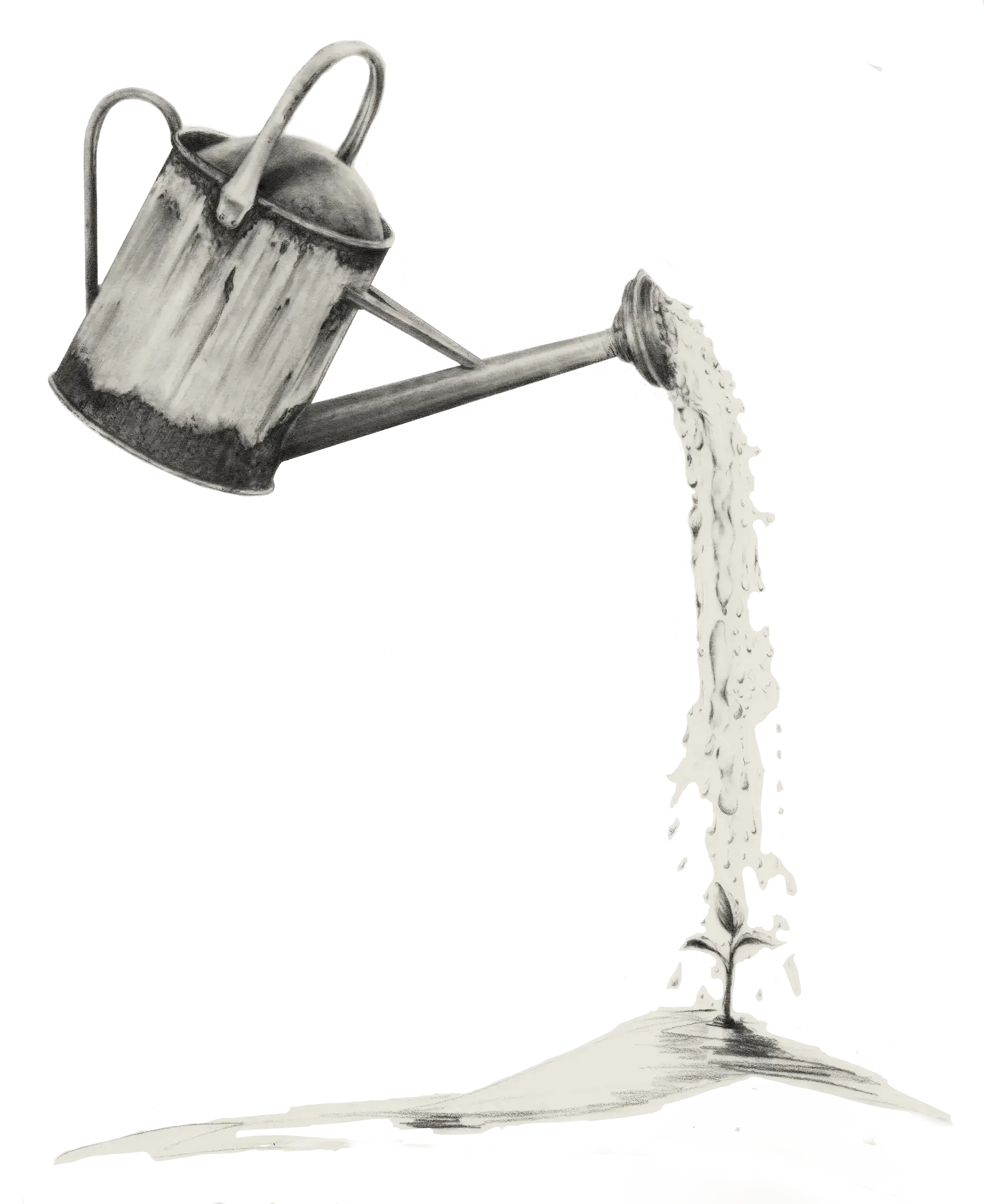Sustainability
The sourcing of botanical ingredients is going through a major sustainability crisis: overexploitation of natural resources, unsustainable agricultural practices, destruction of wild biotopes, insufficient transparency in the supply chain.
At BOTALYS, we are dedicated to setting new benchmarks in sustainability by protecting the wilderness the best way we know how: by allowing it to thrive undisturbed.

Case study: Korean Ginseng
With its unique cultivation requirements and intense pressure on production, ginseng has emerged as a prime example of the environmental challenges of botanical sourcing. This is why ginseng was selected as proof of concept for BOTALYS’ technology: not only because of its profound medicinal and cultural value, but also its significant environmental footprint.
Start your journeyGinseng therefore stands as a critical case study to underscore the urgent need for innovative sustainable sourcing solutions within the botanical industry. And by committing to an approach that protects the unaltered state of nature, we at BOTALYS have become the custodians of Korean ginseng’s sustainable sourcing.
GINSENG SUSTAINABILITY METRICS
-
Forest
0 m² -
Pesticides
0 kg -
Water
0 m³
-

Massive deforestation
In ginseng requires a highly nutrient-rich soil to grow, and therefore frequent soil rotation. In addition, the infiltration and persistence of chemical inputs in the soil aggravates the progressive impoverishment and sterilization of the cultivable land dedicated to ginseng; which usually limits its use to only 2 harvests.
As a consequence, massive deforestation is used to constantly renew agricultural surfaces and keep up with ginseng demand, at the cost of irreversible loss of natural biotopes. In the main Chinese production province of Jilin alone, it is estimated that ginseng farming clears 7000 hectares of forest each year [1].
Botalys' approach
BOTALYS’ farm is designed to expand vertically over time, further increasing the surface yield of our vertically farmed ginseng. The increase in production capacity is achieved without any alteration of natural wild biotopes or deforestation.
BOTALYS’ farm is designed to expand vertically over time, further increasing the surface yield of our vertically farmed ginseng. The increase in production capacity is achieved without any alteration of natural wild biotopes or deforestation.
-

Pesticide Use
Traditional ginseng farming practices, with their high water demands and extensive pesticide and fertilizers use, pose significant risks to water quality.
Ginseng cultivation not only demands substantial irrigation to replicate the plant's humid mountain forest forests of origin, but also leads to pollution of groundwater and local water bodies due to pesticides and chemical fertilizers leaching into the soil. In turn, water contamination from agricultural runoff can have detrimental consequences on ecosystems and pose potential risks to human health.
BOTALYS' APPROACH
Biomimetic Indoor Farming allows for an optimized use of water resources, therefore reducing the water footprint of ginseng cultivation drastically.
More importantly, the process eliminates the risk of water pollution entirely: no pesticides or harmful chemicals are used in the process. In addition, any wastewater generated during production is free from contamination, since the water used in the controlled environment is purified.
-

Water Pollution
Traditional ginseng farming practices, with their high water demands and extensive pesticide and fertilizers use, pose significant risks to water quality.
Ginseng cultivation not only demands substantial irrigation to replicate the plant's humid mountain forest forests of origin, but also leads to pollution of groundwater and local water bodies due to pesticides and chemical fertilizers leaching into the soil. In turn, water contamination from agricultural runoff can have detrimental consequences on ecosystems and pose potential risks to human health.
BOTALYS' APPROACH
Biomimetic Indoor Farming allows for an optimized use of water resources, therefore reducing the water footprint of ginseng cultivation drastically.
More importantly, the process eliminates the risk of water pollution entirely: no pesticides or harmful chemicals are used in the process. In addition, any wastewater generated during production is free from contamination, since the water used in the controlled environment is purified.
-
References
[1] Dong, Linlin & Xu, Jiang & Li, Yong & Fang, Hailan & Niu, Weihao & Li, Xiwen & Zhang, Yujun & Ding, Wanlong & Chen, Shilin. (2018) - 'Manipulation of microbial community in the rhizosphere alleviates the replanting issues in Panax ginseng.' Soil Biology and Biochemistry. 125. 64-74.
[2] Ministry of Agriculture, Food and Rural Affairs (Ontario). Publication 847 – 'Crop Protection Guide for Ginseng', 2021, https://www.omafra.gov.on.ca/english/crops/pub847/pub847.pdf.

Let's go further together
Looking to harness the power of rare medicinal plants or explore the innovations of Biomimetic Indoor Farming? Curious about synergizing phytonutrients with emerging trends for unique Nutraceutical formulas? Let's turn your vision into reality. We're here to help.
